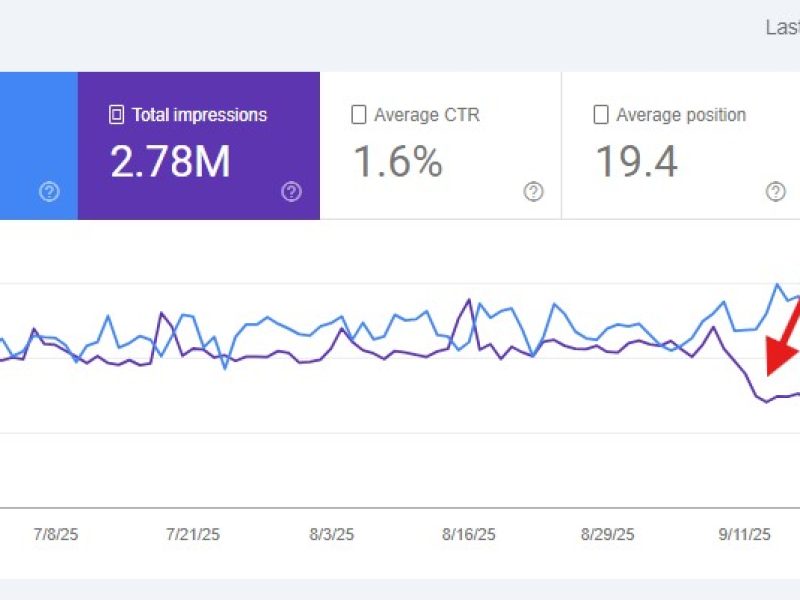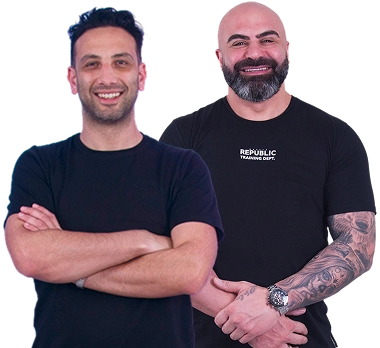Internet advertising, one of the most important things that drive growth and improvement are the key metrics you get from monitoring your customers. Luckily, you have a variety of tools that can tell you which campaigns are performing well and which sources of traffic are delivering the best ROI. That’s the ideal scenario. In reality, a significant portion of website traffic falls between the cracks. In one of the most honest articles ever read, The Atlantic admitted that it had no idea where 25% of their readers were coming from. Why is this happening? Weren’t your tools supposed to help you understand your audience? Enter dark traffic.
What Is Dark Traffic?
Website analytics tools can tell you where most of your traffic is coming from, be it direct, through social media or SEO. It’s rather common to have about 10-20% of your site’s overall traffic come from users that type your URL directly into the search bar. That means you have strong brand awareness. Here’s where things get interesting. More often than not, sites see massive spikes in direct traffic, sometimes as high as 40%. What gives? Well, the problem with web analytics tools is that they can’t track data coming from non-networked media such as email, chat, or messaging apps, such as WhatsApp. So, they misrepresent it as direct traffic.
How Serious Is the Problem of Dark Traffic?
OK, so your analytics aren’t able to pinpoint a fraction of your traffic. But, is it really such a big deal? That’s what Groupon asked themselves. So, they decided to run an experiment to examine the difference in organic and direct traffic. The started by de-indexing their site for half a day to better understand their SEO traffic. They were expecting to see a drop in direct traffic for individual deal pages that featured long and complex URLs that people wouldn’t normally type into their search bar. However, given their brand awareness, direct visits to their homepage should have remained the same. During the experiment, they noticed that their direct traffic decreased by 60%. That didn’t make sense. If your analytics is tracking the users who are typing your URL into the address bar, then these numbers shouldn’t have changed so dramatically. In reality, Groupon’s analytics were misinterpreting over 60% of their direct traffic.
Why Should You Care about Dark Traffic?
You’ve probably received more than once a link to an interesting article from your friends or colleagues. Your visit will be misrepresented as direct traffic on the site’s analytics. The problem with dark traffic is that it makes it impossible for marketers to capture user’s activity. In other words, you have no idea where your audience is coming for, how they get there, what are they looking for and if they’ve found what they needed. Misrepresentations can lead to bad strategic decisions. Moreover, channels that drive a lot of traffics, such as email or chats may not get the credit or the attention they deserve.
Can You Identify It?
Truth be told, it’s impossible to categorise your dark traffic correctly. However, there is one method that can help you identify it: you can create a different segment inside your Google Analytics to isolate it. Filter out your homepage or popular product pages that are likely to get direct traffic. That way, you would be able to tell if traffic to long, complex URLs come from dark sources, and adjust your internet marketing strategy accordingly.
Conclusion
Your analytics isn’t telling you the whole story. Due to dark traffic, the data you are relying on to make smart marketing decisions is incomplete. The challenge now is to make sense of out of all this nonsense.




